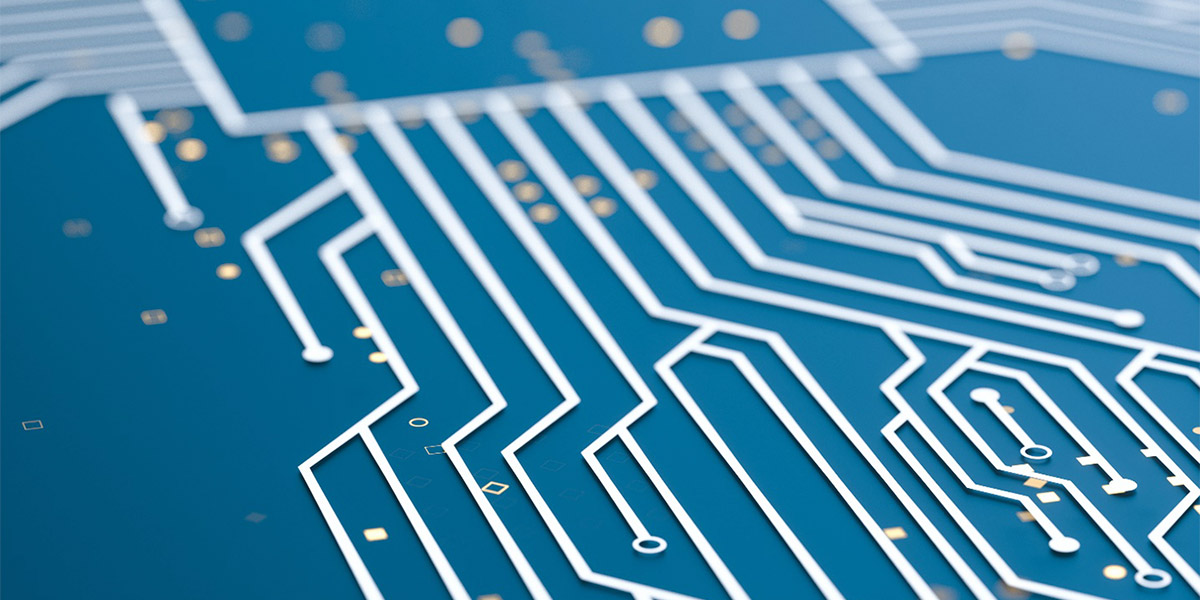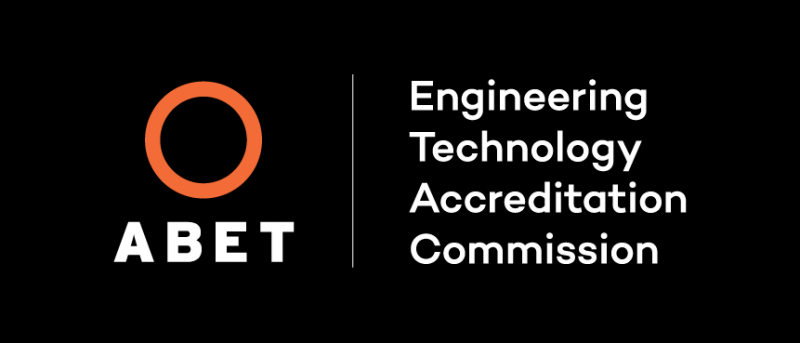
Powering the World’s Technology

The Bachelor of Science degree in Electrical Power Engineering Technology is accredited by the Engineering Technology Accreditation Commission of ABET, https://www.abet.org, under the General Criteria and the Electrical and Electronics Engineering Technology Program Criteria.
The goal of the Electrical Power Engineering Technology program is to provide students with a high quality applications-oriented undergraduate education based on state-of-the-art technological equipment associated with electrical technology. This goal is achieved through several objectives such as continuing to update specific courses in the program to ensure relevance to the latest industrial changes, supporting the development of appropriate computer facilities, promoting the integration of advanced technology in all courses, and encouraging professional growth and development of the faculty. The program is designed to satisfy the educational needs of the urban Houston community by providing a climate that fosters self-awareness, personal growth, and a desire for lifelong learning.
Students completing a major in Electrical Power Engineering Technology receive a strong foundation in measurement systems, analog and digital signal conditioning, microprocessor hardware and software, industrial electronics, and rotating machinery. Students have the opportunity to select additional coursework in either control systems, electrical power, or a combination of both. Although analog electronics remain important, one of the newest and fastest growing areas is in the application of computers for control; this may be control within some manufactured product or control of some manufacturing process. The manufacturers of electrical systems and machines need electrical power technologists who are familiar with machines and machine controls, both traditional and computer-controlled. The electrical industry provides and controls the transformers, motors, generators, switch gear, and protection equipment required to power homes, businesses, and industries. Electrical power technologists plan electrical systems and modifications to existing electrical systems that generate and use large amounts of electricity required for distribution networks that are economical, safe, and functional.
Graduates of the Electrical Power Engineering Technology major understand, design, analyze, and work effectively in industrial settings utilizing product/process control systems and electrical power systems. Graduates are working in petrochemical companies, food manufacturing, steel processing, utilities, electrical equipment, sales, manufacturing and testing, and a host of other diverse industries.

The Curriculum
The Electrical Power Technology curriculum includes: electrical and poly-phase circuits; digital circuits and systems; microprocessor architecture; programmable logic controllers and motor control systems; electrical power systems and industry practices; electrical machines; power system protection, power electronics and power quality issues, alternate/renewable energy systems; and project management and electrical system design. The University core courses provide the opportunity to improve writing skills, and experience courses in liberal arts. Mathematics and physics provide the background to help learn the electrical power course material.
Career after graduation
Students who graduate with a Bachelor of Science in Electrical Power Engineering Technology choose from a variety of careers in the electrical power control and applications, and design of electrical power systems and equipment.

Sample of Companies hiring Electrical Power Engineering Technology Graduates
Reliant Energy, Centerpoint, Toshiba International Corp, Fluor, Bechtel, Emerson, Cooper Bussmann, R&B Falcon, G. E. S&S Energy Products, Integrated Power Systems Corp., M. W. Kellogg, Powell Industries, Inc., Hooks and Associates, Ross Hill–Anselmo, Oncor Electric Delivery, Matrikon International Inc., R. Stahl Inc., Burns and McDonnel, Dashiell Corporation.